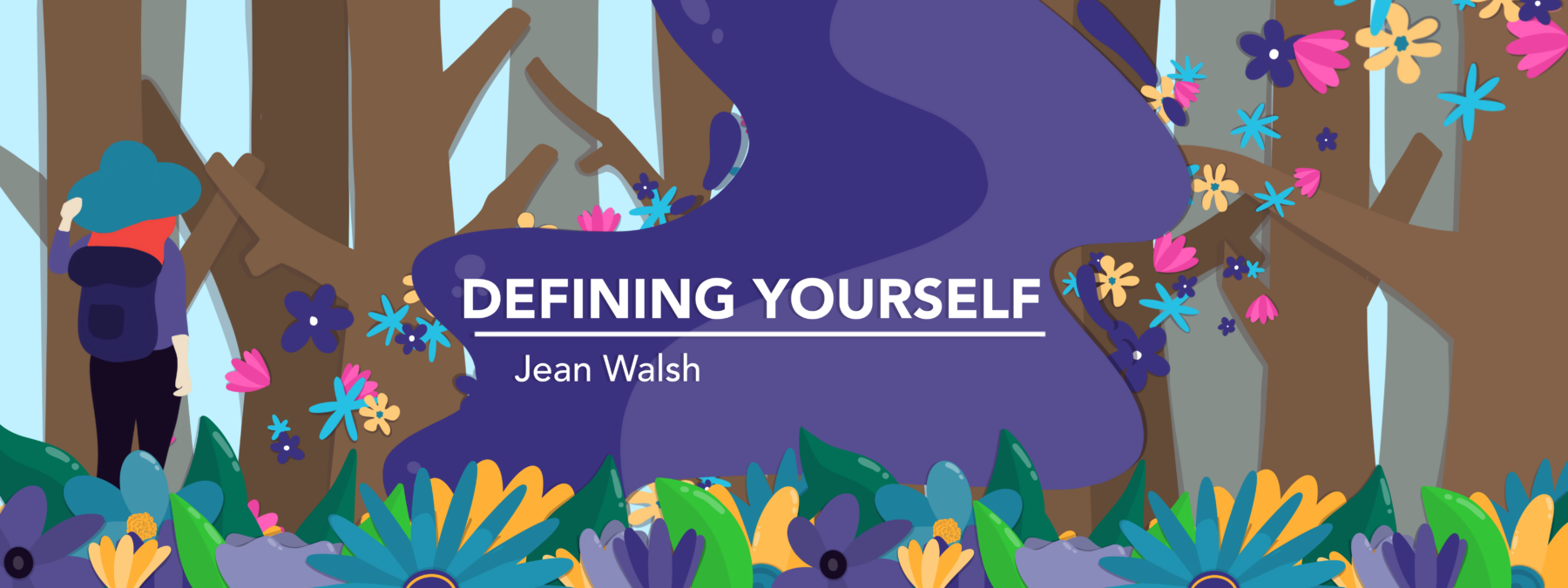How to make life with FA better with effortful fun
How this sort of experience fosters deep satisfaction and personal growth
Written by |

About 12 years ago, I went dog mushing with my local disabled sports organization, Northeast Passage. It was a once-in-a-lifetime experience.
Those of us who participated have various disabilities, and we got to learn a bit about mushing a team of dogs. Then we got to try it solo. I was exhilarated. The dogs didn’t listen to me at all, but bumping along at a herky-jerky, stop-and-go pace was thrilling.
Because I have Friedreich’s ataxia (FA), my balance and coordination are severely limited. I use a wheelchair and can’t move quickly on my own, so whenever I get the chance to feel the wind on my face, I seize it.
Mushing conjures images of a sled in the Arctic, but on this sunny day in early fall, it actually took place in a wheeled cart. The leaves were just beginning to turn, and the air had that crisp autumn scent. It was a truly memorable day for me.
We were assisting a graduate student, Ben Thompson, with his master’s thesis by answering his questions before, during, and after our experience. It would’ve been meaningful to me simply to mush, but helping him achieve his degree made it even more significant.
Dog mushing is not a typical offering from Northeast Passage. Adding to the thrill, Ben’s partner, Lacey Heward — a two-time Paralympic bronze medalist in downhill skiing — was there to help facilitate our mushing. This experience was truly rare.
I haven’t kept in touch, but as far as I know, Ben and Lacey remain competitive dog mushers.
It was challenging. I was there by myself, trying new things. I was attempting to adapt, even though FA means I wake up every day less able than I was the day before. Even though mushing required effort, Ben, Lacey, and the Northeast Passage staff ensured that it was safe. Importantly, not only was it safe, but I also felt secure.
That mushing experience was a fun and challenging endeavor. It’s the kind of fun that stays etched in your memory. For me, it also provided the little adrenaline rush I crave.
Effortful fun can add to our happiness
Effortful fun, which involves engaging in activities requiring mental or physical energy, fosters deep satisfaction and personal growth. Unlike passive entertainment, such as binge-watching television shows, effortful fun demands active participation, challenging people to push their limits and develop new skills.
Psychologists have emphasized that such engagement can lead to a state of “flow,” a term coined by Mihaly Csikszentmihalyi to describe the immersive and rewarding experience of being fully absorbed in an activity. Whether it’s learning an instrument, mastering a sport, or solving a complex puzzle, effortful fun encourages long-term fulfillment over fleeting pleasure.
Furthermore, effortful fun promotes resilience and self-efficacy. By tackling challenges during recreational activities, people build confidence in their ability to overcome obstacles. This confidence can translate to other areas of life. Research in positive psychology highlights that effortful endeavors enrich overall well-being. Effortful fun allows participants to derive meaning and purpose from their experiences.
That might include regular participation in community-based activities such as volunteering, group fitness classes, or riding your trike at a Friedreich’s Ataxia Research Alliance fundraiser. Not only does this kind of fun cultivate social connections, but it also reinforces the value of persistence and collaboration. These benefits highlight why effortful fun isn’t merely a pastime, but a vital component of a balanced and enriched life.
I’d argue that what people often consider effortless when they don’t have FA can be quite demanding for those of us living with FA or any chronic illness. For me, a simple example of effortful fun right now is reading on my deck. I’m drawn to “Bridgerton,” a fun Netflix show, but I always feel more refreshed when I read. If you read this column regularly, you’ll know that gardening is also effortful fun for me.
What’s your effortful fun? I bet you have one.
Those of us with chronic fatigue know there’s a need for the effortless fun of a Netflix binge. I hope this column doesn’t make you feel guilty about that! Life with FA is largely about finding the balance between things that push you and things that enable you to live with fatigue.
If you’re reading this, Ben and Lacey, thank you for the magical, unforgettable day.
Note: Friedreich’s Ataxia News is strictly a news and information website about the disease. It does not provide medical advice, diagnosis, or treatment. This content is not intended to be a substitute for professional medical advice, diagnosis, or treatment. Always seek the advice of your physician or another qualified health provider with any questions you may have regarding a medical condition. Never disregard professional medical advice or delay in seeking it because of something you have read on this website. The opinions expressed in this column are not those of Friedreich’s Ataxia News or its parent company, Bionews, and are intended to spark discussion about issues pertaining to Friedreich’s ataxia.



Leave a comment
Fill in the required fields to post. Your email address will not be published.